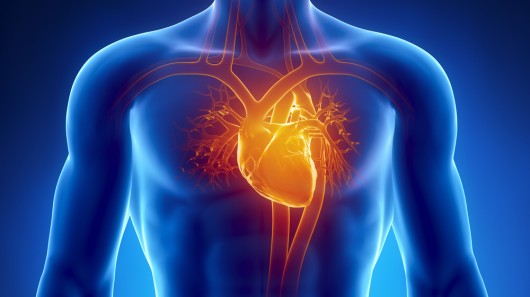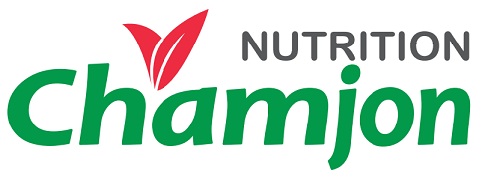These are the Vitamin / Minerals that strengthen and protect your healthy heart!

Vitamin E
Vitamin E is a powerful antioxidant thought to clear harmful oxygen compounds called free radicals. It soaks up free radicals, preventing atherosclerotic plaque formation. Consumption of foods rich in vitamin E has been associated with a lower risk of coronary heart disease in middle-aged to older men and women (Saremi A, Arora R. 2010)
Cyanocobalamin
Cyanocobalamin, Vitamin B12, plays a role in processing cholesterol, thus promoting a healthy heart. Also, Vitamin B12 is responsible for making ATP (energy source in our body) that will be used to pump sodium and calcium in and out of cells.
Riboflavin
Riboflavin is a water-soluble vitamin that makes the greatest contribution in Western diets. Riboflavin is effective in reducing blood pressure with implications for the prevention and treatment of hypertension. A recent research found that riboflavin contributes to healthy concentrations of homocysteine, an excess which is a risk factor for cardiovascular disease (Horigan G,et al. 2010).
Copper
Copper, a strong pro-oxidant, plays a role in regeneration of blood vessels. Dietary copper deficiency causes a variety of cardiovascular conditions, including high blood pressure, increased inflammation, and possibly arteriosclerosis (Math R, 1997). Also, it weakens the structural integrity of the heart and blood vessels, impairs energy use by the heart, and reduces the ability of the heart to contract.
Selenium
Selenium deficiency was identified as a factor in the etiology of heart failure syndromes in parts of the world where intake of selenium is very low, such as China. For patients with coronary arteriosclerosis, subnormal serum selenium concentrations is related to accumulation of lipid peroxides. This can lead to impaired calcium transport within cells (Flores G, Navas A, Pastor R, Guallar E. 2006). Also, selenium deficiency is a secondary factor in the cause of hypertension and myocardial ischemia.
Magnesium
Magnesium is the key element that allows proper heart contraction. The highest level of magnesium in the whole body is in the heart, especially in the left ventricle, which does the most work (Seelig MS, Heggtveit HA, 1974). Magnesium is the gatekeeper for calcium being allowed into cardiac muscle cells to cause contraction. Without proper amounts of magnesium, calcium floods the cells, causing hyper-contraction of the cardiac muscle, which can lead to angina and even a heart attack.
Zinc
Zinc is a vital element that maintains proper structure and physiology of cells. It has protective effects in coronary artery disease. Zinc reduces inflammatory factors known to contribute directly to cardiovascular disease.
#vitamin #mineral #HealthyHeart #HeartHealth
